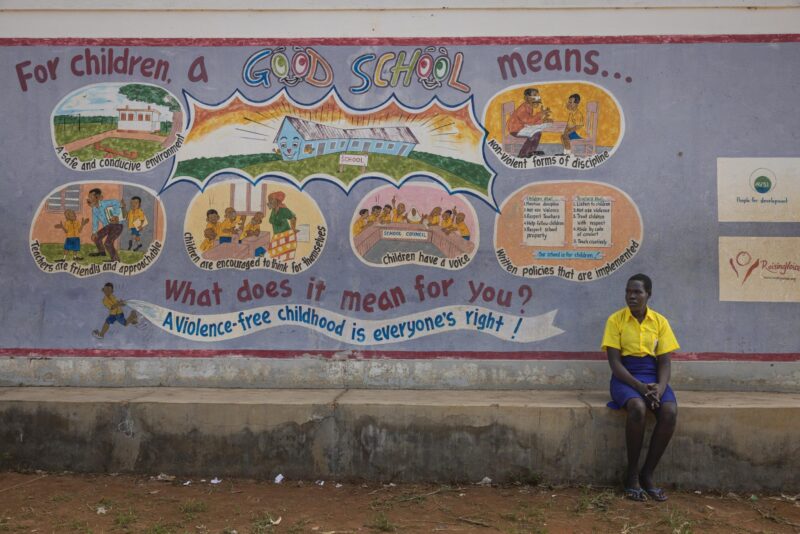They were promised a lifeline to ‘graduate’ from poverty. Then it was taken away
Share
Explore Our Galleries
Breaking News!
Today's news and culture by Black and other reporters in the Black and mainstream media.
Ways to Support ABHM?
Fatma Tanis, NPR

PALABEK, Northern Uganda — Imagine if you were a refugee living at a makeshift settlement in a foreign country with no way to earn a steady income.
Then someone promised you a life-changing opportunity: They’d give you a sum of money and a coach to help you turn it into a source of income.
But just as you are about to receive that support, it gets canceled.
That’s what happened to some 8,100 South Sudanese refugees in Uganda this year. They were enrolled in a program with a bureaucratic name — Graduating to Resilience Scale Activity — and a simple strategy: a $205 sum for each participant along with coaching to start a small business.
That may not seem like a lot of money, but in Uganda, the average annual income is $753.
And in the Palabek camp, home to about 100,000 refugees, most people have no way to earn a living other than occasional farming work, at best making $2 a week. The camp is just around 30 miles away from the border with South Sudan, were a civil war and ethnic violence that began in 2013 led tens of thousands of people — many on foot — to flee to Uganda. New refugees continue to arrive every day as conditions in South Sudan remain unstable.
Learn how the camp previously survived–and what’s changed with the Trump administration.
Changes like this have prompted some to step up, even when they vowed to sit things out.









Comments Are Welcome
Note: We moderate submissions in order to create a space for meaningful dialogue, a space where museum visitors – adults and youth –– can exchange informed, thoughtful, and relevant comments that add value to our exhibits.
Racial slurs, personal attacks, obscenity, profanity, and SHOUTING do not meet the above standard. Such comments are posted in the exhibit Hateful Speech. Commercial promotions, impersonations, and incoherent comments likewise fail to meet our goals, so will not be posted. Submissions longer than 120 words will be shortened.
See our full Comments Policy here.